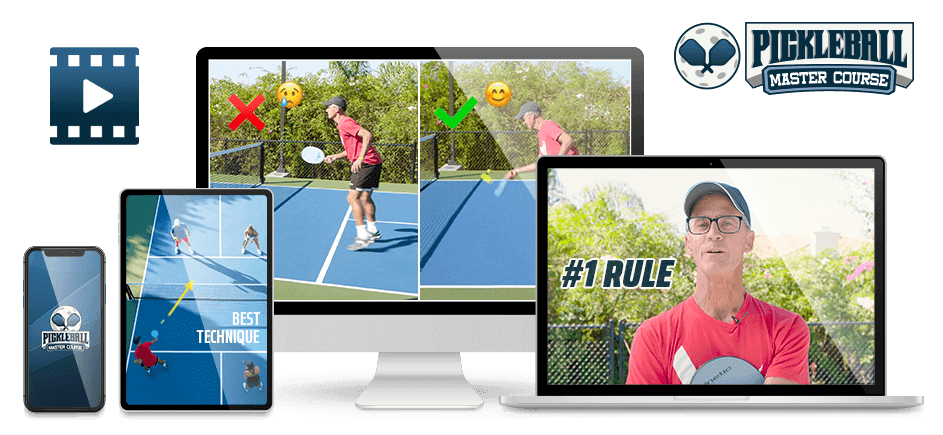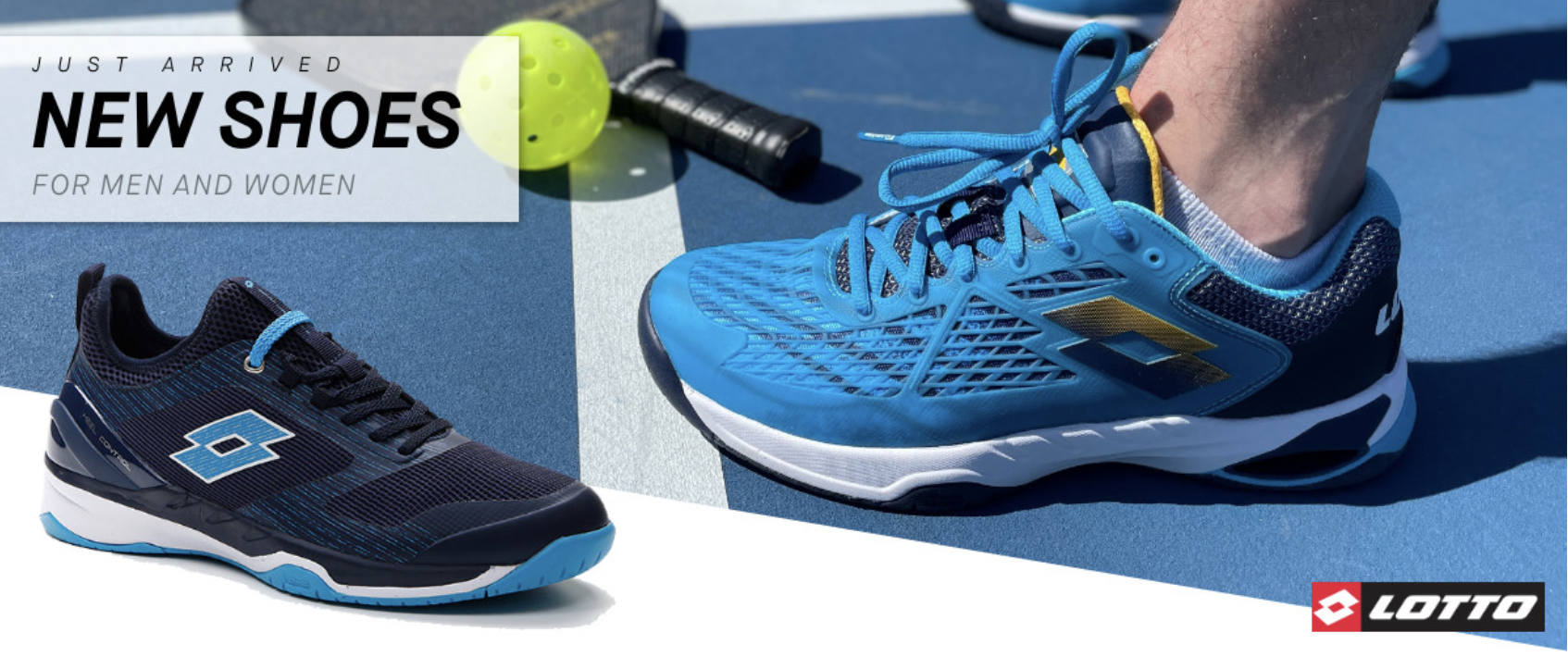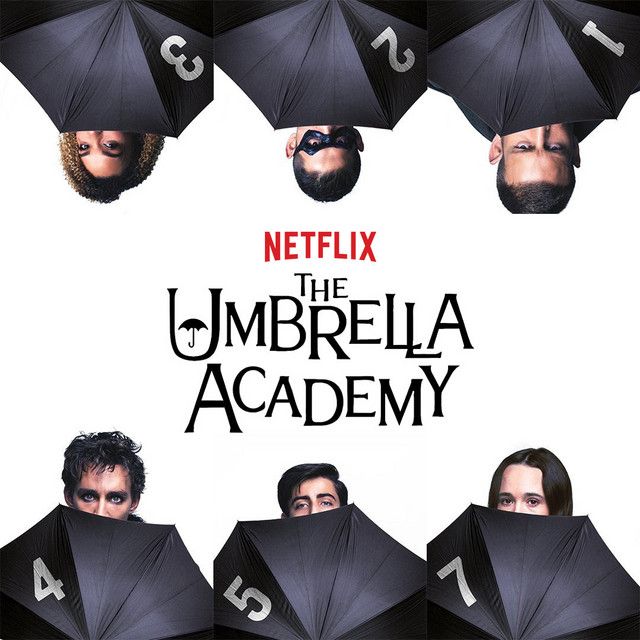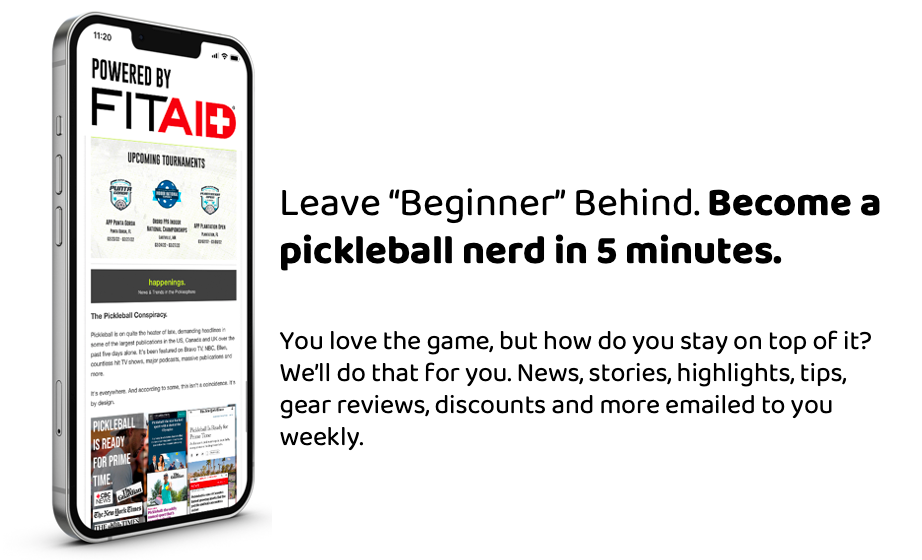
On the comeback track: Rebuilding after a tough tourney loss
A little while ago, I played my first-ever Canadian Nationals — and I was excited.
I’ve put in a lot of work over the last year, recovering from injury (full Achilles rupture), studying strategy with experts across Ontario and in the U.S., drilling hard with Ottawa’s National Competitive Training League (the program developed by the knowledgeable coach and skilled athlete, Cody Barbeau), and putting in the work to rebuild my physical fitness. Now, especially coming off a week of competitive play in New Jersey and New York, I felt more than ready to bring a strong game to the 4.5 level of competition… even against some of the most talented athletes in the country.
And yet, in 4-days of stiff competition, I experienced some of the fastest losses (and the most 2-and-outs) in my pickleball career.
There’s a lot I can unpack about the why behind the loss — and I discuss a bit of it in my post-tourney, here — but much more important is the what's next?
The truth is, there are no participation awards in tournament play. For the top teams to get that W, someone has to take an L. Unfortunately, sometimes, that someone is your team. Yet, at any level of play, that’s not the end. Everyone gets on the comeback track differently; here are three strategies I use (and am using right now) to rebuild and be ready for the next.
RAPIDLY IMPROVE YOUR GAME OR YOUR MONEY BACK WITH PICKLEBALL MASTER COURSE! GET 10% WITH CODE THE DINK

1. Become a student of failure
Some of the best advice I’ve received in sport is that it’s important to have a short memory. Meaning the losses of the day/week/month/year before shouldn’t bring down your game today. But while it is important to be able to shed the emotional toll of a loss, we shouldn’t lose the lessons learned along the way.
It sounds a bit trite, but I’ve always liked the phrase “you win some, you learn some” — because it’s true, with almost every loss, there are learnings you can roll forward.
- Some players record their games and review game footage - check out this guide on how to film your matches
- A good friend, talented athlete, and coach in my community, Ravi Prakash, recommends keeping a journal of learnings to reference before each new tourney
- Personally, I tend to layer those learnings into my public post-match content and then implement during a practice session within days of the tourney
Your match post-mortem, studying what didn’t work, is one of the most straightforward ways to help develop what will work for your next event.
New Arrivals from LOTTO. Up your shoe game and protect your feet with the selection at fromuthpickleball.com. Use code 10DINK for 10% off (some exclusions apply).

2. Set immediate progress in motion
One of the most frustrating elements of a tough loss is the fact that, once it’s done, there’s frequently very little you can do but experience and work through the aftermath — which is difficult on an emotional level, creating a sense of helplessness and inescapability that can be hard to break out of.
The strategy I’ve used successfully to step out of the spiral and into forward motion that can help put the losses behind us is to create opportunities for progress almost immediately following the experience.
This can look like:
- Planning — once you’d reviewed and taken in the learnings from the loss, building a plan of action to turn those learnings into advancement in your game.
- Training — a sense of progress can be established by something as simple as booking in that next drilling session with a trusted partner, visiting physio or massage therapy to help move the post-tourney recovery process forward, or hitting the gym to continue building the fitness element of your game. It’s important to be safe while doing so, tournament play can be hard on the body, but it’s possible to balance progress with patience in order to make yourself stronger.
- Paying it forward — whether it be through writing, conversations with fellow players, coaching or providing guidance, or drafting content to support your community, sharing learnings to help contribute towards the success of other players is an approach that can be both cathartic and create forward momentum while also delivering value to those around you.
Setting progress in motion isn’t about rushing yourself or pushing past your limits (physical or emotional), it’s about refusing to allow the spiral to take hold by taking charge of your trajectory and controlling what comes next.
3. Practice forgiveness (of yourself, and those around you)
In the immediate aftermath of a difficult tournament, it’s easy to fall prey to the wolves of what-if.
- What if I hadn’t made that one poor shot?
- What if I had trained harder?
- What if I had practiced more with my partner/the ball/the environment?
- What if my partner hadn’t made that mistake?
- What if I had poached on my partner more?
- What if the tourney had played with a ball/on a surface that was better for me?
Changes connected to some or all of those may have helped at the time — but as we don’t have a time machine, TARDIS, time turner, or live in the world of the Umbrella Academy, it also doesn’t matter (beyond understanding errors so as to avoid them next time).

Experiencing the challenging emotions that follow a loss can be a valuable lesson and provide motivation and fuel for your competitive fire, but blame of yourself, your teammates, or any other element beyond your control isn’t productive.
While lamenting things that can’t be changed might feel good, in a bittersweet and pseudo-cathartic sort of way, it’s not an effective focus to build better for your next time reaching for the podium.
For myself, as someone whose priority in most all things is efficiency and efficacy — this is an area of development that has simultaneously been the most challenging and most important.
As I wrote above, there are no participation awards in tournament play. For that top team to get that W, someone has to take an L. By getting on the comeback track fast in a way that is progress-focused and planful, we can build back stronger to ensure that, when the time comes, the team taking the L in the next tourney isn’t you. Let’s go.

Mo Waja is a dedicated pickleball player with 1.5-years in the game, currently competing at the 4.0-4.5 level. He is sponsored by Engage Pickleball, The Kitchen Dink, and RockTape. Mo actively travels within Canada and the United States, both to compete and to visit and connect with local communities of players.
- Instagram: @iammowaja — https://www.instagram.com/iammowaja/
- Facebook: @mo.waja — https://www.facebook.com/mo.waja/
- Website: https://www.mowaja.com/

Love Pickleball? Join 100k+ readers for free weekly tips, news & gear deals.
Subscribe to The DinkGet 15% off pickleball gear at Midwest Raquet Sports










